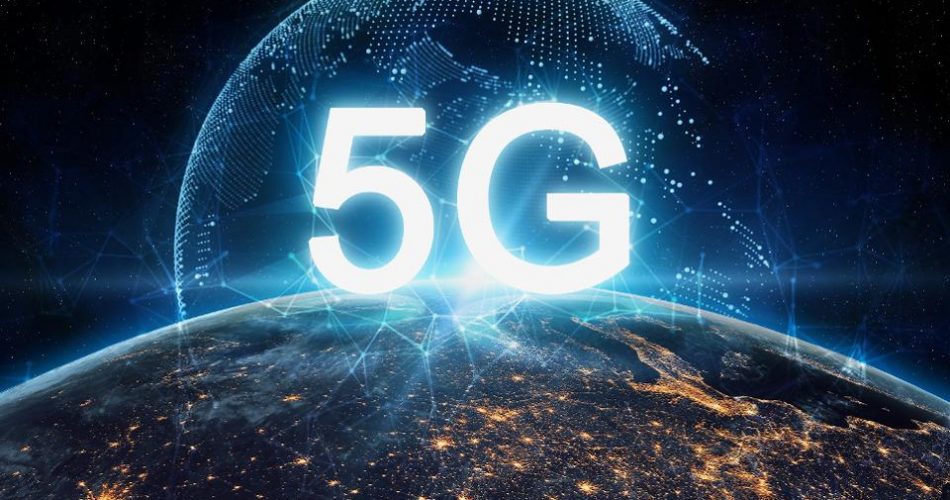Delays to UK 5G are 'inevitable'
Report says social distancing, supply chain issues, and reprioritisation of resources could all have an impact

Delays to the rollout of 5G in the UK as a result of the coronavirus outbreak are inevitable, according a report from PwC.
Britain has been a leader in 5G so far, with all four operators launching commercial services and having plans in place for nationwide rollouts.
However social distancing measures amplify the challenge of building and upgrading infrastructure, while lockdown measures in China have disrupted the supply chain for new equipment.
Industry standards body 3GPP was due to release a new standalone variant of 5G this summer but work on future releases of the technology has been delayed.
- Coronavirus: Operators set for short term pain but long term gain
- Openreach to prioritise essential work during coronavirus
- Coronavirus: Networks offer free access to NHS Online
UK 5G delay
The crisis has elevated the role of communications in society. Mobile and broadband networks have been essential for communicating with colleagues and loved ones, accessing business applications or education resources, and for entertainment purposes that lessen the constraints of restricted movement.
The focus among operators has shifted towards essential repairs and ensuring business continuity as customers become increasingly reliant on connectivity. Operators have offered additional data allowances, offered free access to education and health resources, and pledged not to leave anyone disconnected. 5G rollout has taken a backseat for the time being.
Such warnings echo those made by Ericsson last month.
Are you a pro? Subscribe to our newsletter
Sign up to the TechRadar Pro newsletter to get all the top news, opinion, features and guidance your business needs to succeed!
“The need for 5G might seem more urgent than ever, not just for the faster speed of communication but because of the promise of low latency connectivity and ability to enable large numbers of objects to communicate simultaneously,” said PwC. “Though neither are available yet, these capabilities can enhance productivity in industry, healthcare and transportation, and may aid the recovery from the pandemic and any subsequent financial downturn. But a significant delay appears inevitable.”
The report suggests lockdown will have a long-term impact on user behaviours and operators may have to adjust investment strategies accordingly. Mobile revenues may decrease because customers are spending less time away from home and more time on their Wi-Fi networks. Business revenues and roaming income will be particularly hard hit. On top of this, reduced demand for new smartphones will make it more difficult to shift 5G data plans.
PwC says an increase in remote working is likely even after restrictions are lifting and operators will need to offer new tariffs that take into account mixed use cases. For example, a combination of consumer data services alongside enterprise security and collaboration tools could help offset declining business revenues.
Analysts say telcos should be on the lookout for acquisitions that can diversify revenue income – and redirect 5G budget if necessary: “If the further roll-out of 5G is postponed until the latter half of 2021 the telecoms industry will need to make some tough, pragmatic decisions. Operators may need to consider reallocating some of the money earmarked for 5G to other areas in the interim.”
- Here are the best mobile phone deals for May 2020
Steve McCaskill is TechRadar Pro's resident mobile industry expert, covering all aspects of the UK and global news, from operators to service providers and everything in between. He is a former editor of Silicon UK and journalist with over a decade's experience in the technology industry, writing about technology, in particular, telecoms, mobile and sports tech, sports, video games and media.